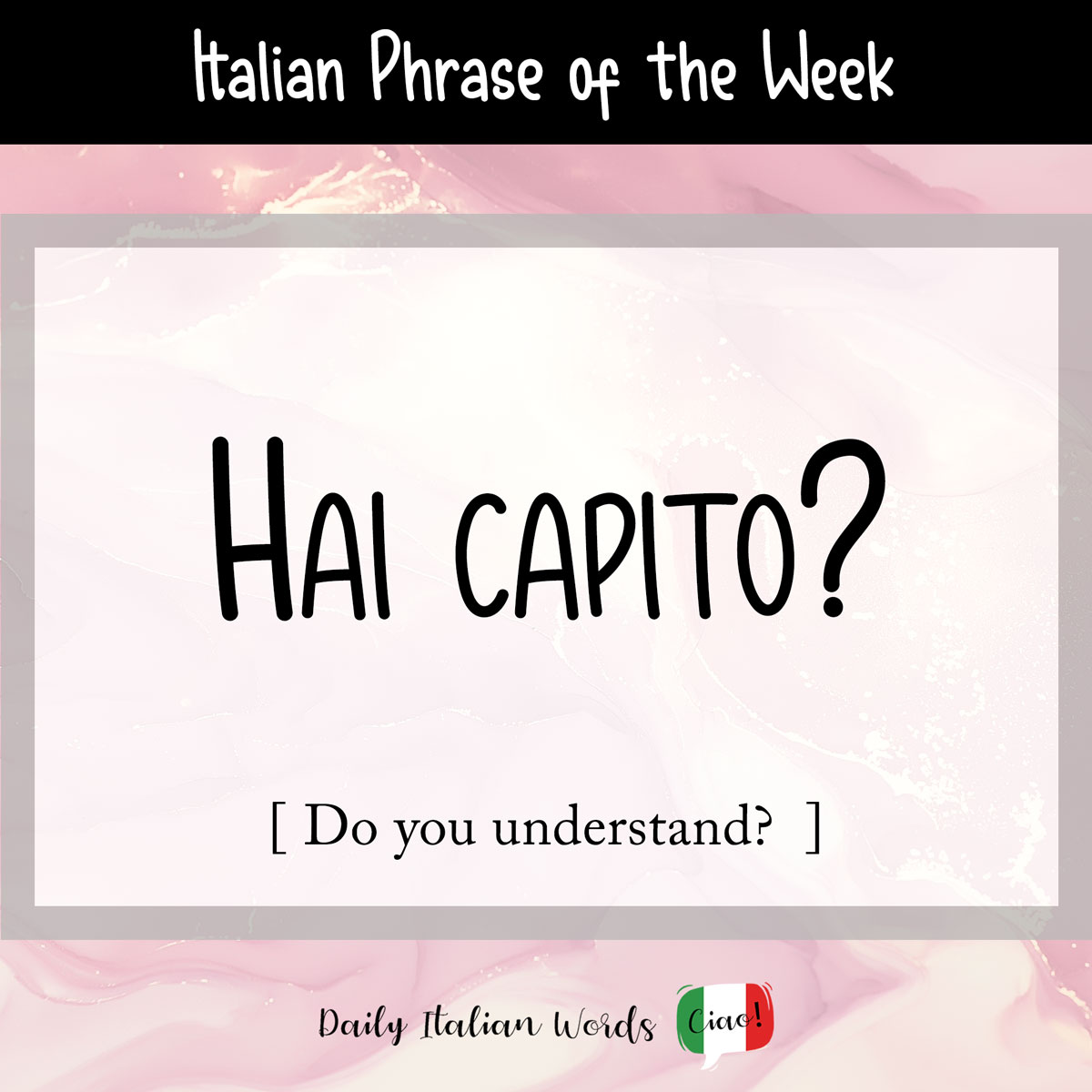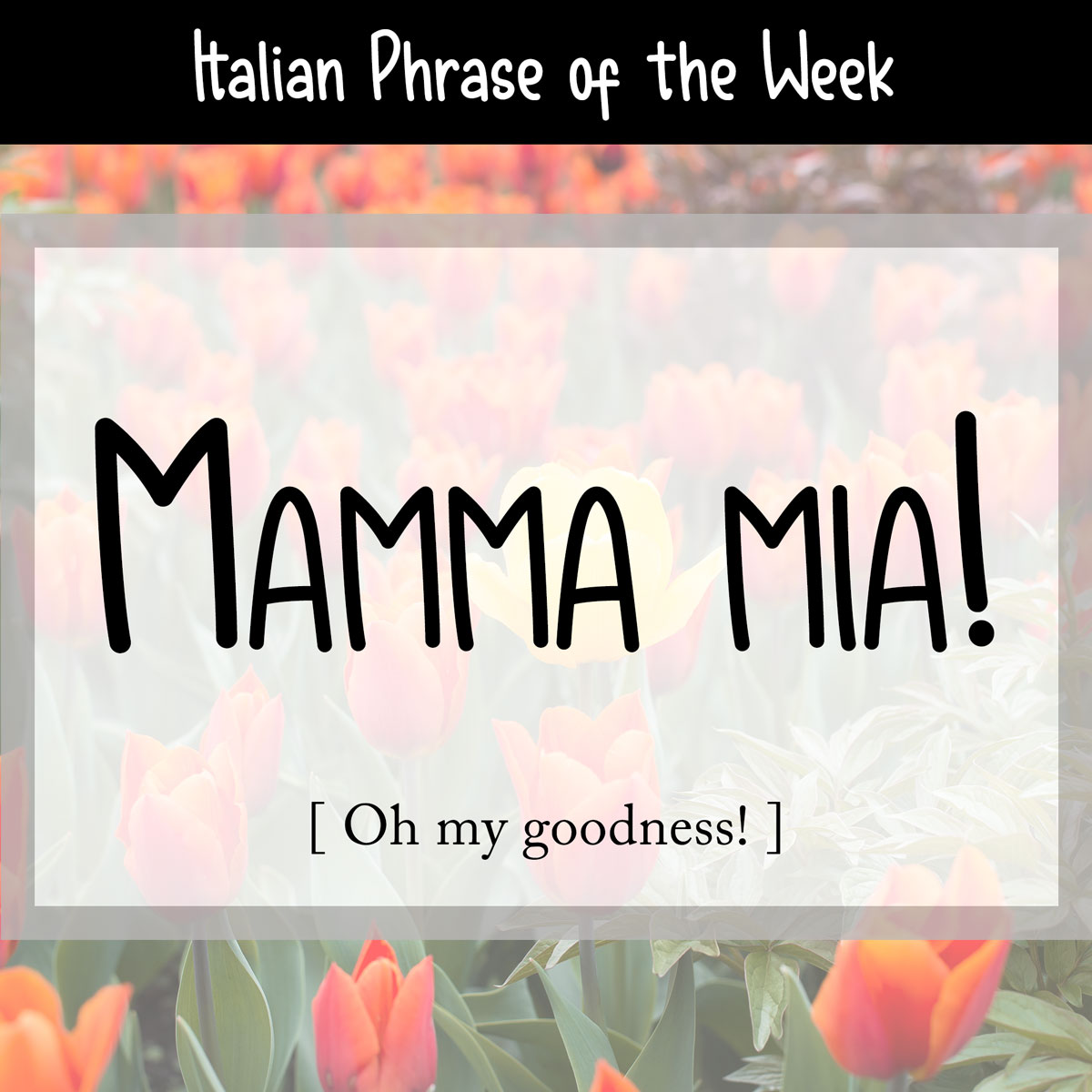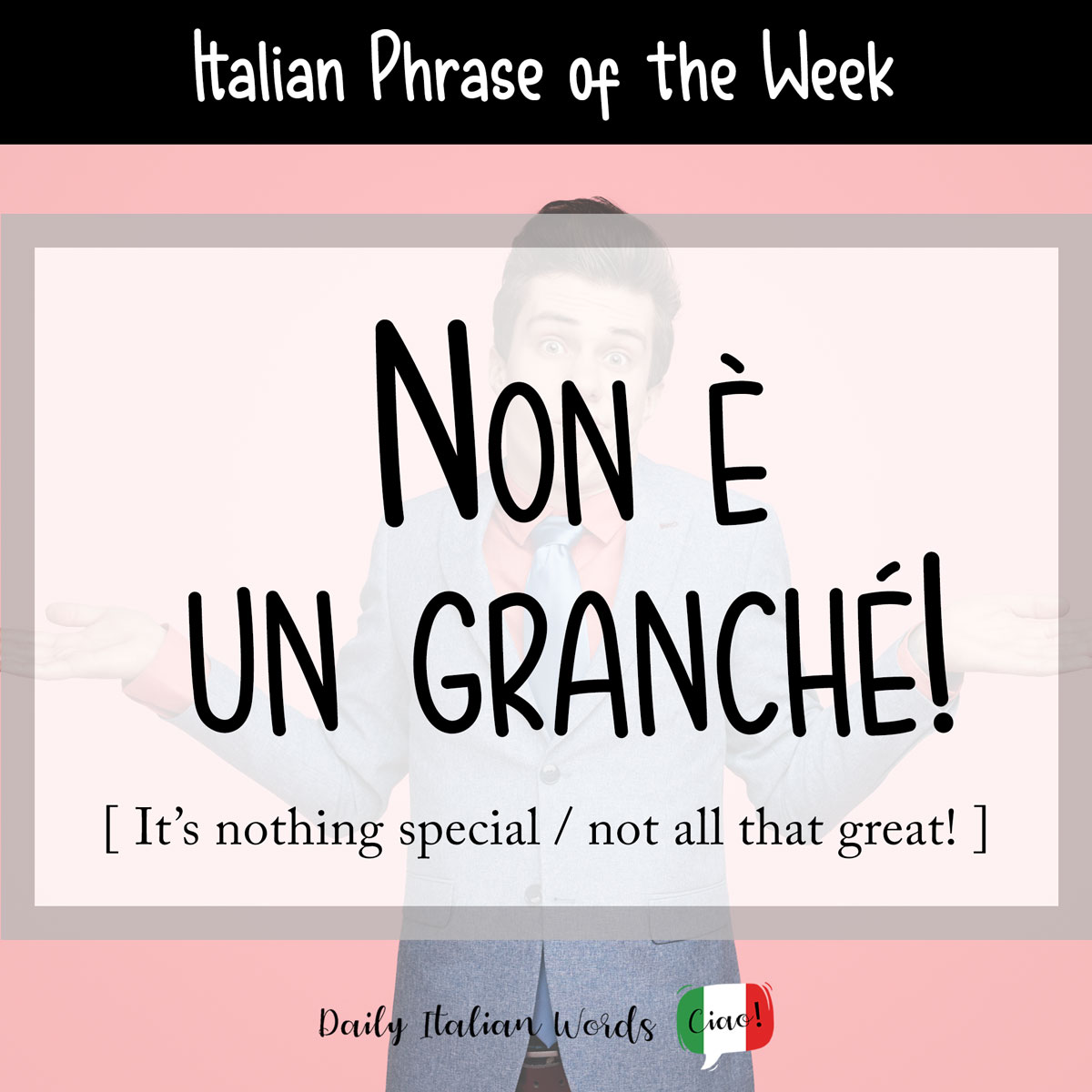The Meaning of “Forza Azzurri!” in Italian – Let’s go Italy! / Come on Italy!
We are officially a week into the UEFA Euro 2020 soccer tournament! It was originally scheduled for June – July 2020 but had to be postponed by a year due to the pandemic. Italy’s national football team is known colloquially by its nickname Gli Azzurri which means The Blues. This is because Savoy blue is …






